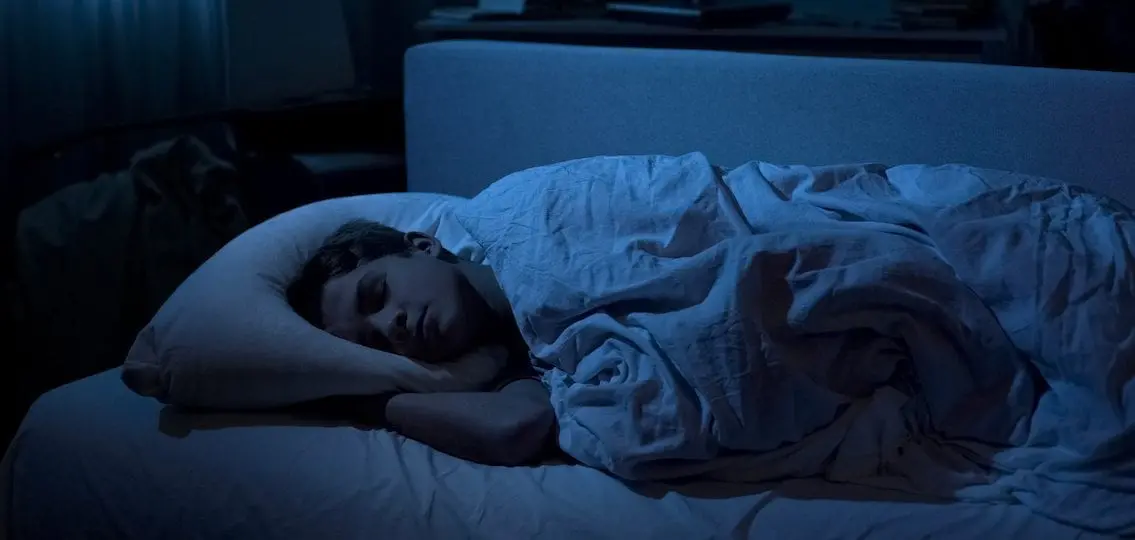This article was written before COVID. And while our teens may not be getting up to make the bus and they may not be racing from one activity to another, they still may need some “mental health” days. And truth to be told, parents might, too.
It’s 6:40 a.m. and my 15-year-old son isn’t downstairs eating breakfast and his bus leaves at 7 a.m.. I go upstairs to see what is keeping him and find him still in his bed with his pajamas on. When I tell him that he needs to get a move on, he says, “I’m exhausted, Mom. Can I go back to sleep and take a day off?”
From time to time, I have allowed all three of my children to take a “mental health day” from school. I only allow it once in a school year and it can’t be on a day that they have a test or presentation due. It also has to be a day when I am able to clear my calendar and stay home with them.
All three of my children are diligent, hard workers in school and in their extracurricular activities, so when they ask for a break for their mental health, I feel okay saying yes.
What a “Mental Health Day” Can Provide:
1. An opportunity to recharge
Most experts agree that, depending on a parent’s approach, a mental health day can teach kids and teens a valuable lesson. Dr. Caroline Leaf, a neuroscientist, mental health expert and author of Think, Learn, Succeed, says, “Often that one day off can really help motivate a child and help them feel energized and recharged, thus boosting overall mental and physical performance.”
More appropriate than calling it a mental health day, Leaf likes the phrase “mental self-care day” to describe a day off that is not due to a true mental health struggle.
2. A way to learn – and practice – self-care
Leaf thinks spending the day reading, playing outside or getting more sleep can all be helpful. “Too often people assume those who take mental health days are lazy or weak. We need to change the view on this,” she says. “Sometimes a student is so wound up from working too hard that watching some TV isn’t necessarily a bad thing.”
Amy Morin, psychotherapist and author of several books including 13 Things Mentally Strong Women Don’t Do, likens taking a mental health day to taking time off because you have a cold or a dental appointment. “Taking a day off to do something that is good for your mind illustrates the importance of taking care of your mental health,” she says.
If a teen is asking for a day or two off from their normal routine, it’s probably nothing to be concerned about. But if it happens with increasing frequency, it’s worth investigating whether it’s something more than just fatigue. “It’s important for parents to help kids prioritize their lives,” says Morin. “If their activities are interfering with their ability to do well in school, they may be signaling that they need your help deciding how to cut back.”
3. A stress management strategy
A mental health day can be used as a catalyst to help teens manage their stress and anxiety on a daily basis. “More beneficial than giving a day off is teaching our children to manage the busy-ness of life,” says Leaf. “We need to teach them how to manage stress correctly through mental self-care techniques, proper sleep, technology management, exercise, and better nutrition.”
When my kids take a mental health day, I always spend at least part of that day with them, sharing a meal, baking or watching a movie together. It’s an excellent time for us to talk and they usually open up about what’s going on in their lives. It’s also a good way to assess their overall mood and to determine whether they just needed a day off or if there is more going on that we need to address.
“If we don’t learn to manage our minds, we won’t be able to manage our lives,” says Leaf. In a few years, my son will be off to college and he won’t have to ask me if he can skip school. I think his ability to recognize when he is overwhelmed, stressed, or exhausted is an essential part of becoming adult, as is his ability to express those feelings to me and know that I will listen.




